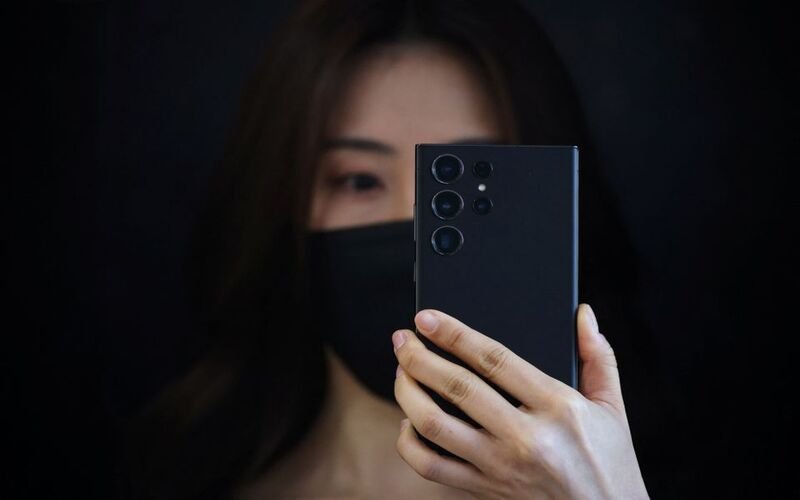After its semiconductor unit announced a record $3.4 billion loss on Thursday due to a chip oversupply from sluggish tech gadget demand, Samsung Electronics Co Ltd (005930. KS) predicted a modest chip rebound in the second half.
In the first quarter, chip prices plummeted due to a worldwide semiconductor buying slowdown and corporate belt-tightening.
Samsung said customers would burn down inventory and start buying chips again by the second part of the year.
“We expect inventory levels to start dropping in the second quarter,” said Samsung memory executive vice president Jaejune Kim.
In the current quarter, Samsung projected little memory chip recovery as large data center corporations spent more prudently on servers.
The world’s largest memory chipmaker reported a 95% drop in operating profit to 640 billion won ($478.6 million) for the January-March quarter, its lowest profit in 14 years.
The South Korean IT giant’s semiconductor segment, usually its cash cow, lost 4.58 trillion won ($3.41 billion) compared to 8.45 trillion won a year earlier.
Inflation has slowed global shopping. Smartphone, PC, and server vendors have depleted stocks, lowering chip costs by 70% over the past nine months.
This month, Samsung and SK Hynix Inc (000660. KS) decreased chip manufacturing.
Although this might help chip prices rise significantly, experts predicted Samsung’s earnings in the current quarter might be comparable to the first quarter without a fundamental improvement in chip-using device demand.
“In addition to production cuts in the current quarter, Samsung said its production will be flexible in the second half, which means it could engage in more cuts to manage inventory,” said BNK Investment & Securities analyst Lee Min-hee.
REBUY CHIPS
Despite the record semiconductor loss, Samsung reported 10.7 trillion won in first-quarter capital expenditures, the largest ever.
Samsung spent 9.8 trillion won on semiconductors to start production in Taylor, Texas, and Pyeongtaek, South Korea. To secure factory space, Samsung said it would invest similarly in memory chips this year as in 2022.
Electric cars, AI, and high-performance computers will drive chip demand, it added, maintaining its long-term optimism. The first quarter’s 3.94 trillion won earnings from Samsung’s mobile division were a bright spot.
“Samsung is focusing on profit rather than shipments” to suit premium smartphone demand, said Counterpoint senior analyst Jene Park. As a result, Samsung predicted higher smartphone shipments and revenue in the second half.
Samsung shares recovered 0.3% after the results call. Investors expect a second-half memory chip revival, driving the stock up 16% year-to-date.


















































